The establishment of an international financial center is a city/region that plays a key role in providing international financial services (banking, insurance, securities, etc.). This center will operate on a transparent legal foundation, developed infrastructure, and stable political environment.
There are differences between domestic financial centers and international financial centers, which are classified by criteria such as scope of operations, role, service users, level of market openness, level of internationalization, financial infrastructure and services, impact on the economy and potential risks.
There are currently many international financial centers located geographically close to Vietnam such as Singapore, Hong Kong and Shanghai (China)… To take advantage of the benefits that international financial centers are expected to bring, it requires specialized regulations and connections between domestic financial centers and international financial centers. This is a difficult problem for management agencies.
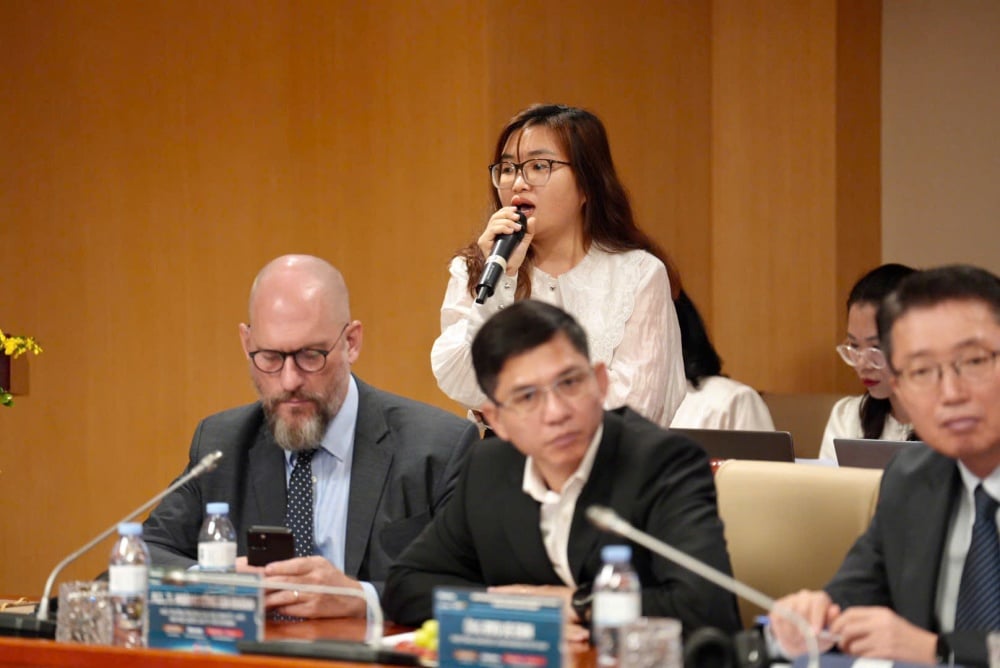 |
| MSc. Luu Anh Nguyet, Deputy Head of the Financial Market Development Department, Institute of Economic and Financial Strategy and Policy, Ministry of Finance, said that there should be special incentive policies to attract investment for the international financial center in Vietnam. |
It can be seen that the development orientation of Ho Chi Minh City will be at the level of a global international financial center and that of Da Nang will be an international financial center at the regional level. These two levels are different to avoid competition between the two centers within the country.
Regarding the factors that form an international financial center, there are the following factors: Strategic geographical location, favorable business environment, financial infrastructure, information technology, and transportation. In addition, there is a clear and flexible legal framework; political and economic stability. It can be seen that Ho Chi Minh City and Da Nang are the two selected locations that currently have important factors to build an international financial center.
If we want to build an international financial center that can compete with existing international financial centers in the region, we need to pay attention to the financial center ranking index (GFCI) according to 5 criteria: Business and tax environment, human resources, infrastructure, financial market development, reputation...
The approval of the strategy to build an international financial center in Vietnam is in line with the orientation set out at the 13th National Party Congress, by 2030 our country will become a developing, modern industrial country with high average income; by 2045 it will become a developed, high-income country, and an international financial center is one of the strategic breakthroughs.
The role of the international financial center for Vietnam has been clearly demonstrated, which is to connect the global financial market, attract international financial institutions and investment capital flows. In addition, it will enhance the mobilization and effective allocation of resources, create institutional breakthroughs, and enhance national competitiveness.
The favorable factors for building an international financial center in Vietnam are its strategic geographical location and deep economic integration. In addition, Vietnam is also actively improving its institutions, legal system, and investment environment; and its macroeconomic stability. Ho Chi Minh City also has modern financial market institutions and a dynamic economy. This city will be included in the GFCI assessment list from 2022.
However, there are also certain challenges. For example, in terms of infrastructure and institutions, socio-economic infrastructure has made positive contributions but is still lacking in synchronization, traffic is overloaded, and there is an imbalance between types of transportation. In addition, the legal framework has not met international standards, there is a lack of regulations on cross-border transactions and investor protection. Regional competition is also increasingly fierce as other international financial centers have strong foundations and attractive attraction policies. In addition, Vietnam has not fully liberalized finance, and there are limitations in technology and cybersecurity.
Given the above reality, Ho Chi Minh City is suitable for the semi-classical model, linking trade, technology, capital market and financial services, while Da Nang is suitable for the new generation model, integrating free trade zones, green financial services, risk management and foreign exchange.
The first thing to do when building an international financial center is to perfect a flexible and modern institution. Specifically, build a transparent legal framework, in line with international practices, allowing for testing of new models such as fintech and digital platforms. At the same time, apply the sandbox model like Singapore with a fast licensing process and good investor protection. At the same time, strengthen risk monitoring according to international standards, ensuring market stability and transparency.
The second is to develop financial and technological infrastructure. Including building a modern, globally connected payment system, developing a digital financial zone, supporting startups and fintechs to test new services; applying AI, Blockchain, Big Data in transactions, data management and financial security.
Third, regarding tax policy, it is necessary to exempt/reduce corporate income tax and personal income tax for organizations and individuals operating in the international financial center. It is possible to learn from the experience of some countries such as Türkiye, which has exempted corporate income tax, banking transaction tax and insurance for businesses in the international financial center (IFC). At the same time, it is necessary to propose outstanding incentives for foreign banks to move their headquarters and branches to Vietnam.
Fourth, it is necessary to simplify administrative procedures, reduce registration and licensing procedures for foreign financial institutions; develop high-quality human resources, cooperate with universities and research institutes to provide in-depth training in finance, technology, data analysis, etc. In addition, it is necessary to attract international experts in the fields of banking, finance, fintech; apply special visa policies for global talents working in the field of digital finance.
Source: https://thoibaonganhang.vn/can-co-chinh-sach-uu-dai-dac-biet-cho-trung-tam-tai-chinh-quoc-te-162845.html


![[Photo] Readers line up to visit the photo exhibition and receive a special publication commemorating the 135th birthday of President Ho Chi Minh at Nhan Dan Newspaper](https://vphoto.vietnam.vn/thumb/1200x675/vietnam/resource/IMAGE/2025/5/17/85b3197fc6bd43e6a9ee4db15101005b)


![[Photo] Prime Minister Pham Minh Chinh chairs meeting on science and technology development](https://vphoto.vietnam.vn/thumb/1200x675/vietnam/resource/IMAGE/2025/5/17/ae80dd74c384439789b12013c738a045)

![[Photo] More than 17,000 candidates participate in the 2025 SPT Competency Assessment Test of Hanoi National University of Education](https://vphoto.vietnam.vn/thumb/1200x675/vietnam/resource/IMAGE/2025/5/17/e538d9a1636c407cbb211b314e6303fd)






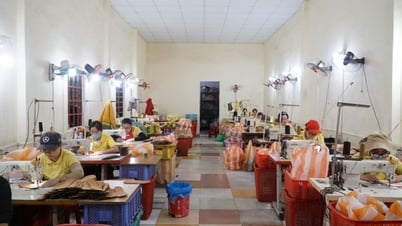






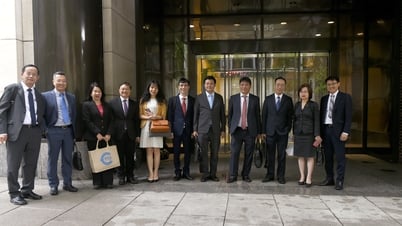
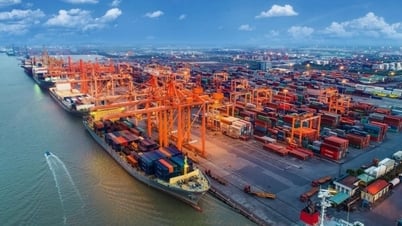
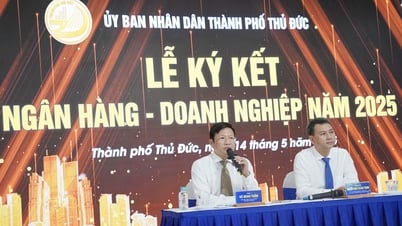
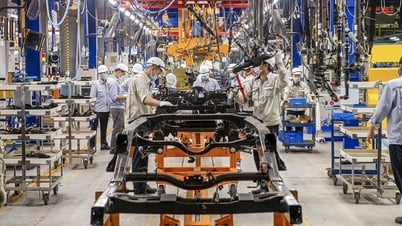
![[Photo] Nearly 3,000 students moved by stories about soldiers](https://vphoto.vietnam.vn/thumb/1200x675/vietnam/resource/IMAGE/2025/5/17/21da57c8241e42438b423eaa37215e0e)





































































Comment (0)